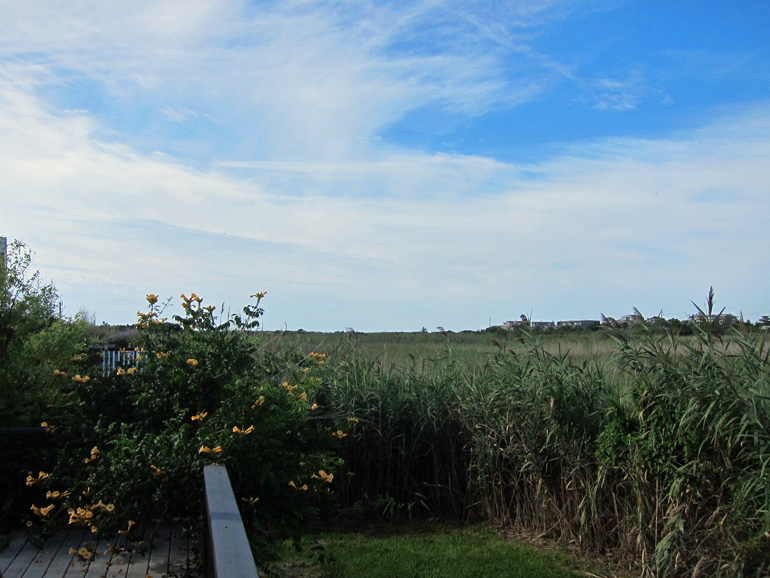August Diary:
Landing
20 August 2012
The first thing to say about this August Diary is that it will run right through half of September.
When I came out to fix a spot of breakfast this morning, Megan came to tell me that we had run out of milk after all. So I gobbled my egg and toast and headed off for Whitney’s Pantry, where I saw to the day’s marketing than anticipated. The food has been put away, the dishwasher has been emptied, and I’m doing a small load of laundry. A morning routine seems to have taken shape.
The freight boat, carrying two boxes for me and a bicycle for Will, pulls in at 12:30, more or less. I’ll be there. I can’t wait to unpack the rest of my stuff, including tea and a teapot. Whether we’ll have lunch in town has yet to be decided. At four, I’ll take an hourlong walk along the beach. By then, I hope to have really begun to calm down.
***
Moving from the South Sea Bubble to the Great Crash of 1929, I’ve put down Malcolm Balen and picked up John Kenneth Galbraith. In the Foreword to the 1975 edition of the book, Galbraith sets forth what I consider the most basic law of men, money, and markets:
As a protection against financial illusion or insanity, memory is far better than law. When the memory of the 1929 disaster failed, law and regulation no longer sufficed. For protecting peole from the cupidity of others and their own, history is highly utilitarian. It sustains memory and memory serves the same purpose as the SEC and, on the record, is far more effective.
(Which is not to say that the re-enactment of Glass-Steagall wouldn’t be a great idea.)Â Tony Judt made much the same point in Postwar; sacrifices and safety-nets that seemed to do no more than meet the minimal requirements of a humane civilization became, for later generations that didn’t remember the carnage, merely expensive.
Why do most people seem to find history boring? I’ve never understood that. I’ve certainly read history books that might have been livelier, but on the whole I would nominate history as the field in which the best nonfiction writing is done. As a rule, the more serious the historian, the better the writing.
The hard work of learning history is done at the beginning — perhaps that’s the problem. When, as a child, you are required to wake up to the distances of historical time — thousands of years, crowded with events — the desire to remain asleep is intense, and most people succeed. Facts and dates are memorized for examination purposes and then forgotten. Unfortunately, a society is only as strong as its sense of history, and it is for that reason that I am pessimistic about the United States. Too many people have an unnecessary ideological resistance to the very idea of “collective memory,” which is what history in everyday life amounts to. (Worse, there is a great deal of lying about the past, indulged by the more reactionary Supreme Court justices and others who ought to know better.) At a minimum, we need leaders who, no matter what they say, really do know what has happened in the past, and not just at election time. We need an élite.
The old aristocratic order in Europe, however glittering it was two or three hundred years ago, had its origins in protection rackets that no one would have described as, literally, aristocratic. The terms were self-servingly applied to the inheritors of feudal power nearly a thousand years afterward. I often wish that we could give the concept another go, without reference to the counts and dukes of yore. But I wouldn’t know where to begin.  Â

